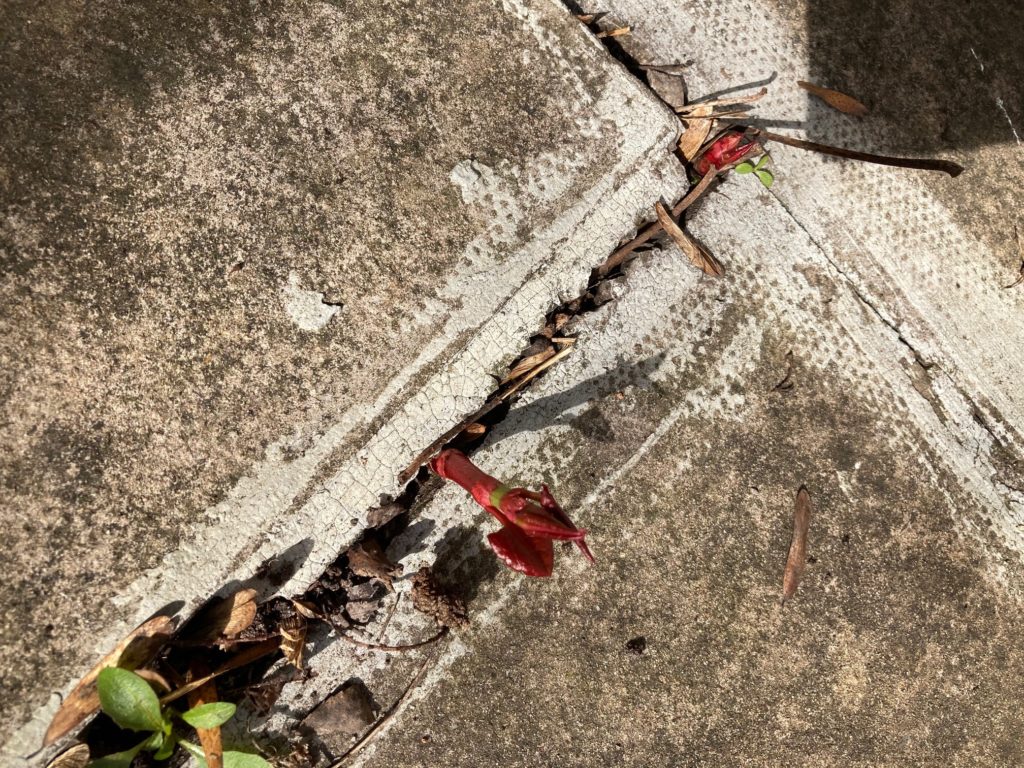
Have you noticed a continued slipping of standards in pretty much every service industry? From restaurants to garages from hotels to delivery services …it’s like everybody’s forgotten how to look after their customers.
As the Trade Body for the top-end contractors in our own service industry, INNSA wants to encourage and enable its members to buck this trend and continue to compete, while providing the best service to our clients.
In the not-too-distant past I can remember hearing the phrase ‘The customer is always right…’ nowadays this could be replaced by ‘The customer is always wrong, particularly if it’s going to cost me money to put it right’.
We are confident that this is not the way that INNSA Members behave – and the lack of complaints that the association receives about our members – coupled with the complaints and enquiries that we receive regarding projects where non-INNSA members have made a mess of clients’ sites attests to this.
Furthermore, all INNSA Contractor members meet a variety of standards – not just the INNSA Standards and Code of Practice, but the Amenity Standard and accreditation to the quality management standard ISO:9001, with the provision of guarantees, documented complaints procedures and the availability of dispute resolution.
Within any respectable quality management system, allowances should be made for returning to site and carrying out checks and due diligence. Under the INNSA Standards, repeat visits should always be allowed for re-spraying of translocated herbicides – yet experience tells us that there are (non-INNSA-member) companies out there who do not do this.
This is part of the ‘cheap’ culture employed by a number of companies involved in invasive weed management (or those who “dabble”), and when deployed at scale, such a negligent approach inevitably results in unsuccessful treatment plans (if there is a plan), disappointed customers and eventually it brings our industry into disrepute.
By striving to provide the lowest of prices to customers, budget operators have to remove as much as they can from their offering – yet these ‘extra’ costs, that are found or allowed for within premium contractors’ prices are in there for a reason. Repeated herbicide applications for Japanese knotweed and other hardier or seedbank-forming plants being case-in-point.
INNSA hears from its membership (and in some cases, direct from the clients) of numerous examples where tenders were awarded based on the cheapest of prices, only for a deluge of unexpected costs for “extra works” to remediate problems arising from flaws in the remediation strategy – for which allowances should have been included in the first place (and most likely were included in some of the less-cheap tender submissions!).
INNSA members should not be part of this negligent culture; treatment plans should always be suitable and sufficient to meet our clients’ needs; pricing, quotations and tender submissions should be transparent and fully-costed; all works should be in line with the INNSA Standards and the Code of Practice (where applicable) as well as factoring in other best-practice guidance; not just the letter of the law.
Perhaps it is time to let go of “The customer is always right” – so long as we can say “We always do right by our customers”.
INNSA members – a professional service carried out to the best of standards – no excuses.
Mike C
